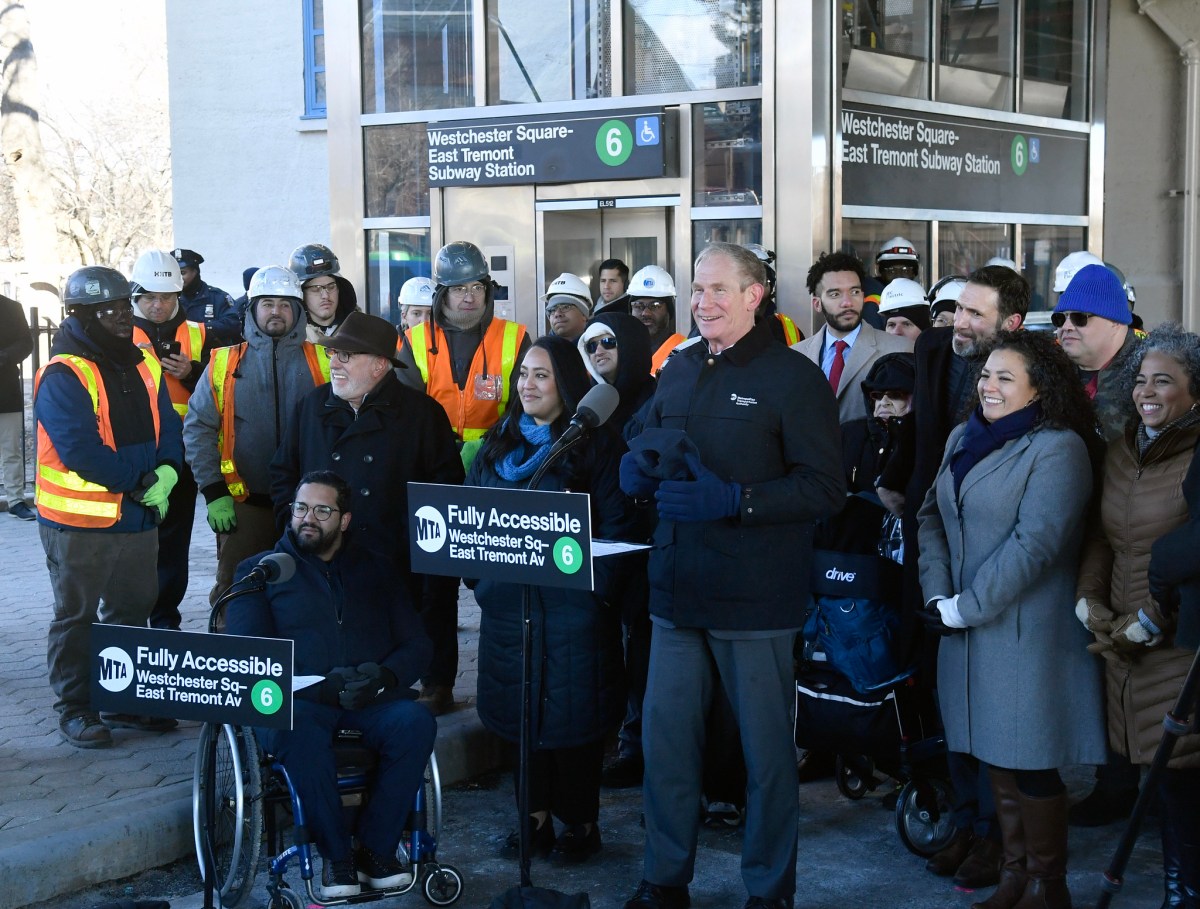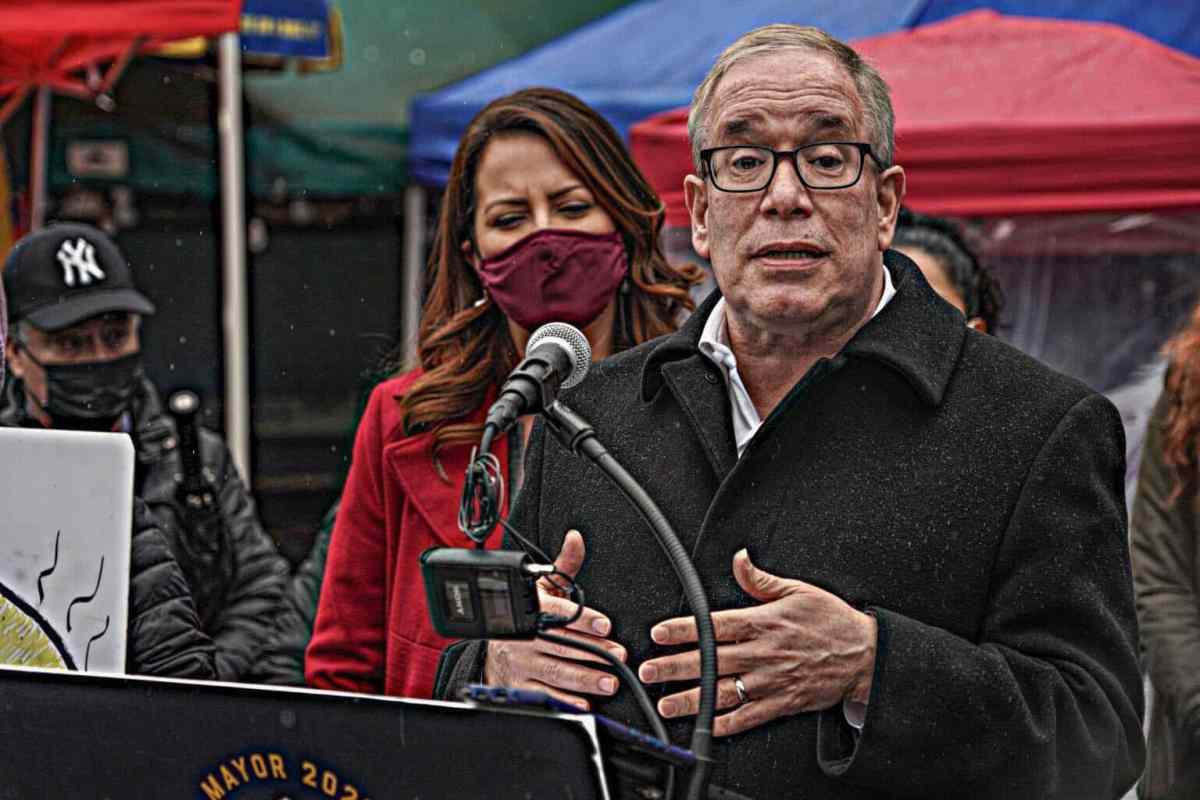NEW YORK (Reuters) – Oil settled higher on Monday, supported by data suggesting Chinese factories were returning to pre-pandemic levels, signs of rising energy demand and hopes for an agreement in the United States on more coronavirus-related economic stimulus.
Brent crude <LCOc1> settled up 59 cents, or 1.3%, to $44.99 a barrel. West Texas Intermediate U.S. crude <CLc1> was up 72 cents, or 1.8%, to $41.94 a barrel.
Prices also found support after U.S. President Donald Trump tweeted that top congressional Democrats wanted to meet with him on coronavirus-related economic relief.
The talks between Democrats and the Trump administration broke down last week.
“The oil complex is heavily reliant on that aid. We need people to be able to boost economic activity to spur demand,” said John Kilduff, partner at Again Capital in New York.
On Sunday, Saudi Arabian Aramco <2222.SE> CEO Amin Nasser he sees oil demand rebounding in Asia as economies gradually open up.
China’s factory deflation eased in July, driven by a rise in global oil prices and as industrial activity climbed toward pre-pandemic levels.
“A smidgen of favorable headlines on the coronavirus front has been enough to spur buying interest back into the gasoline market,” said Jim Ritterbusch of Ritterbusch and Associates.
Iraq said on Friday it would cut its oil output by a further 400,000 barrels per day in August and September to compensate for its overproduction in the past three months.
The move would help it comply with its share of cuts by the Organization of the Petroleum Exporting Countries and allies, known as OPEC+.
“This would send out a strong signal to the oil market on various levels. That said, this would also require the international companies operating in Iraq to join in with the cuts,” Commerzbank analyst Eugen Weinberg said.
(Reporting by Laura Sanicola, additional reporting by Bozorgmehr Sharafedin in London; additional reporting by Sonali Paul in Melbourne; editing by Jason Neely, David Evans and David Gregorio)























